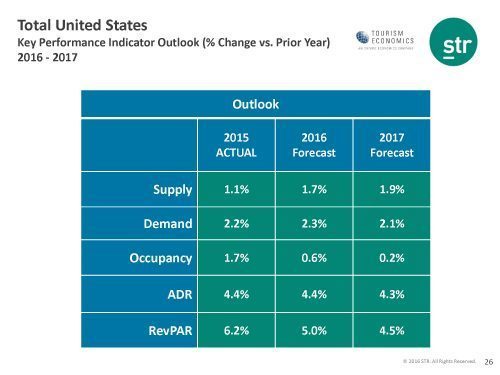Alan Reay, President of Atlas Hospitality Group, speaks with Robert Braun, senior member of JMBM’s Global Hospitality Group® at JMBM’s 2016 Meet the Money® – the national hotel finance and investment conference. They discuss the California hotel market including sales and purchases, pricing, RevPAR, financing, and the impact of the Marriott/Starwood merger and Airbnb.
A transcript follows the video. See other videos in this series on the Jeffer Mangels YouTube channel.
Bob Braun: I’m with Alan Reay of Atlas Hospitality. He’s the foremost hotel broker in California, I’d say. At least that’s what I tell my clients, and I’ve always been proved right. Alan, thanks very much for coming and talking to us today. I think you have your pulse on the market, certainly here in California, more than possibly anyone else. What do you see in the hotel market today? What kind of trends do you see?
Alan Reay: During the first quarter we’ve definitely seen a big drop off in sales in California. In the U.S., down 52%; in California, down 35%; that really has nothing to do with the economic fundamentals, because RevPARs are still increasing, profits are up and a lot of the numbers are positive throughout California. It has been a fundamental shift from a buyer’s sentiment in terms of how they’re looking at deals and how they’re pricing them. We had a lot of turmoil in the public markets, as you know, in the first few months of 2016, and a lot of REITs have pulled out of the market, and a lot of lenders have pulled out of the market. So that’s created a disconnect between what buyers and sellers expectations are on pricing, which in turn has created a big drop in hotel sales volume.
Bob Braun: Now do you think this creates an opportunity for people? Or is the lack of lending and the lack of interest something that’s just going to continue through the rest of the year? CONTINUE READING →





